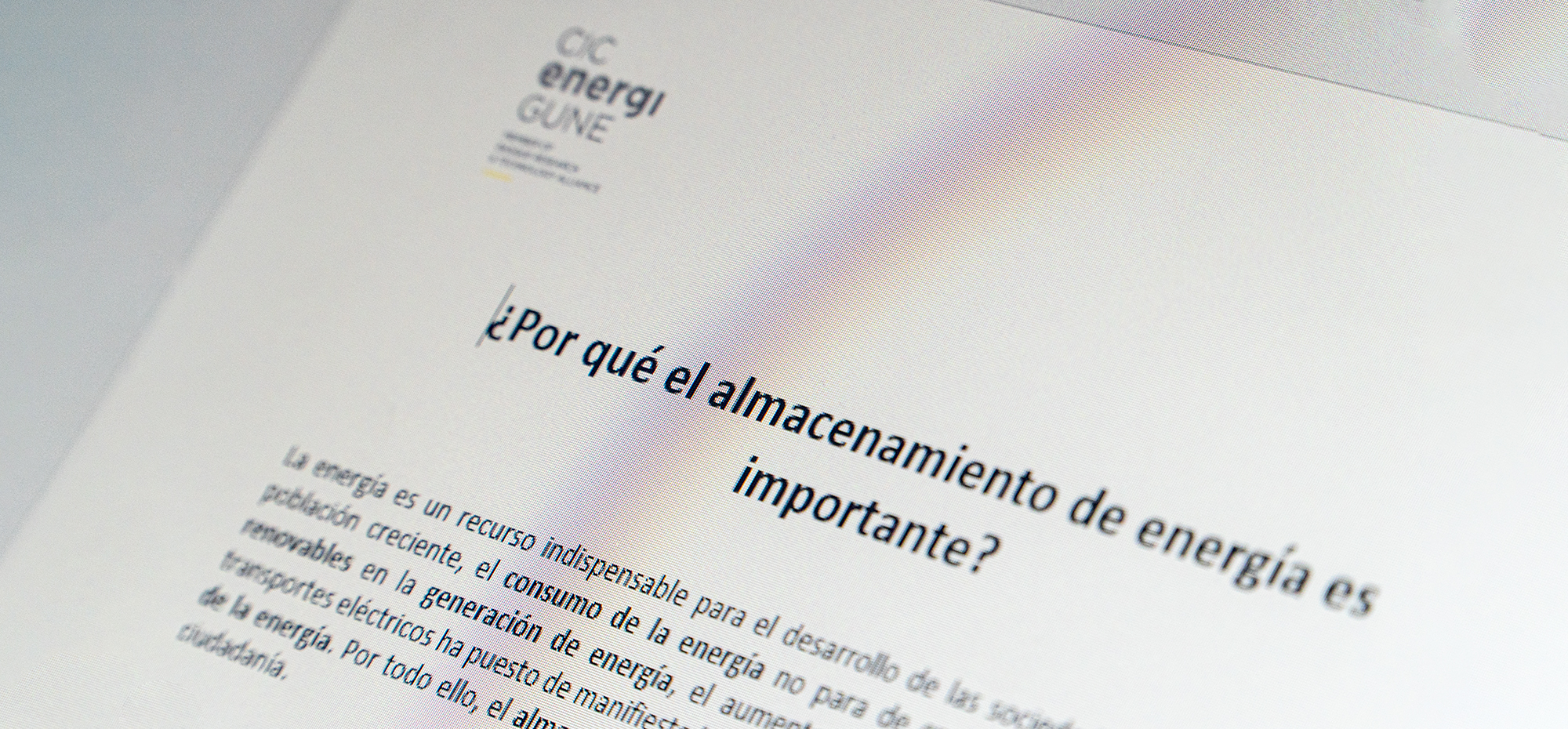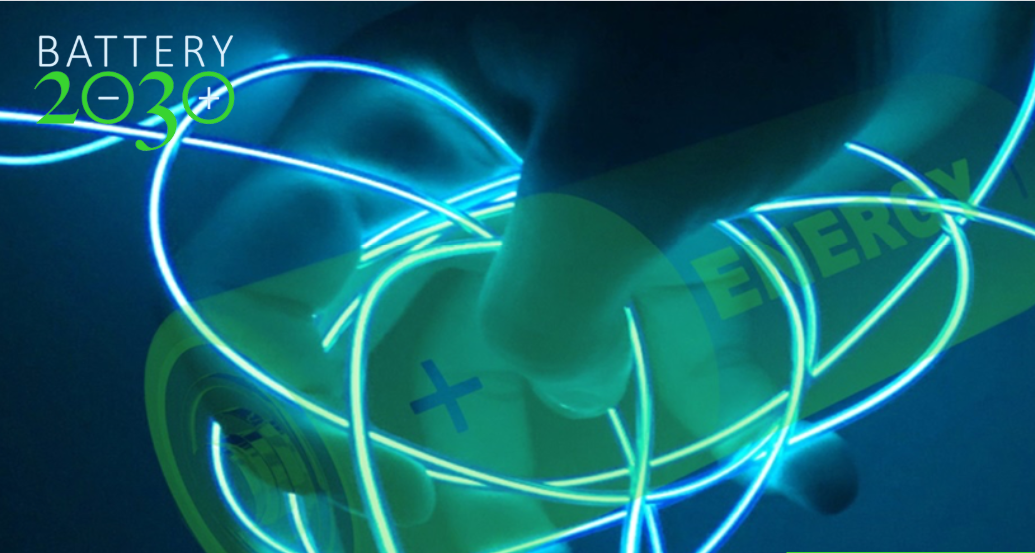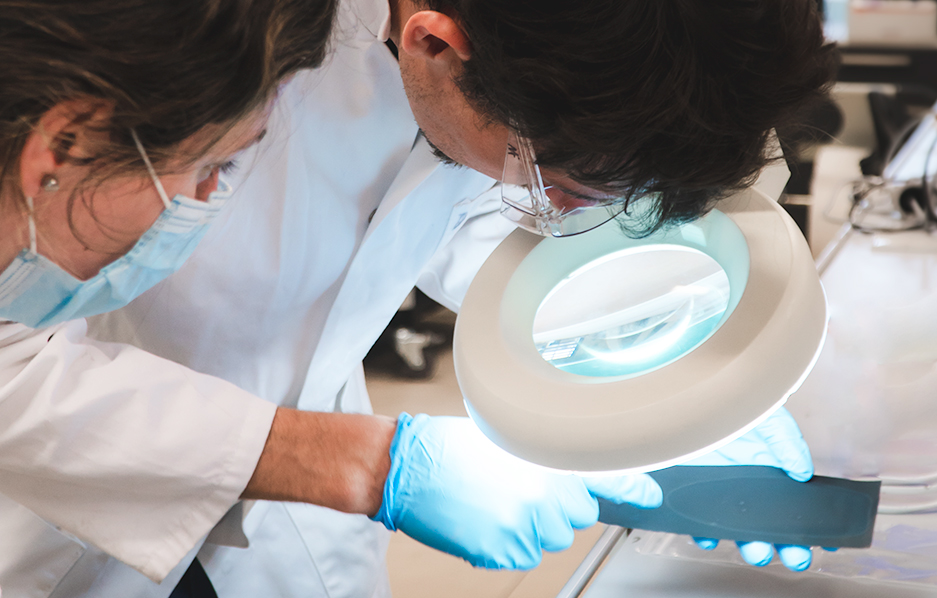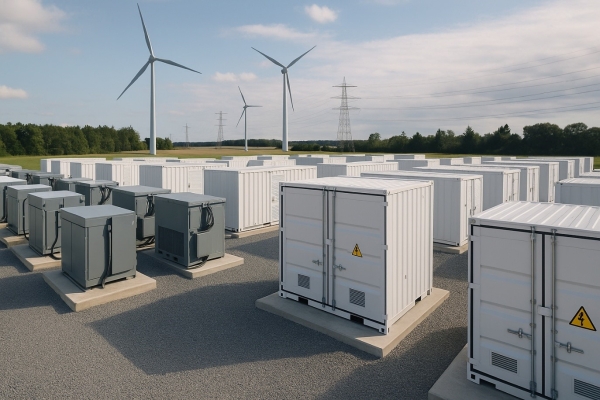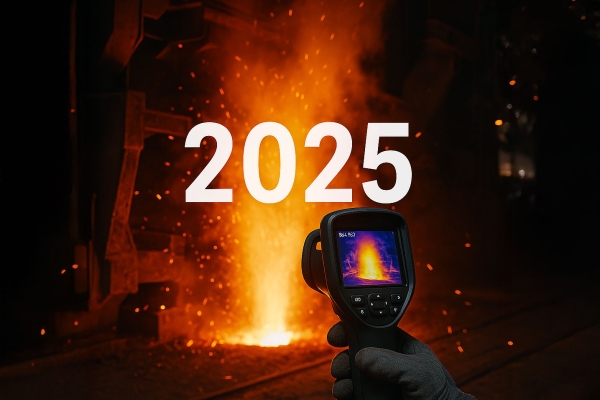Given the pressure from governments to reduce polluting emissions (the European Commission wants countries to commit to an 80% reduction in carbon dioxide (CO2) emissions by 2050 compared to 1990 levels), in addition to improvements in battery performance and the reduction in the cost of batteries, this is causing an acceleration in the pace of electric vehicle development.
However, this opportunity for the battery industry is also a challenge, given the high expectations of electric vehicle manufacturers and consumers. By 2025 the price of the electric vehicle is expected to be similar to that of a combustion engine car, so the OEM are demanding lower prices, more driving range (or what is the same, a higher energy density of the battery), the possibility of fast-charging batteries, and of course, durability and safety.
Hence the need to bet on this race for advanced automotive batteries.
And Europe wants to take a leading role in this race. This is why in 2018 the Batteries 2030+ initiative was launched, which, led by Kristina Endström, includes the work of the European institutions that are leaders in the field of batteries, including, of course, CIC energiGUNE.
This initiative is committed to developing the batteries of the future, including advanced automotive batteries, so that Europe will go from having a 3% market share (2018 data) to 25% in 10 years. In developing the batteries of the future, the members of Batteries 2030+ are committed to safer, more sustainable, and longer-lasting batteries.
To achieve the above objectives, the members of this alliance focus on the accelerated discovery of battery materials, the integration of smart functionalities, and the advanced cell prototyping.

